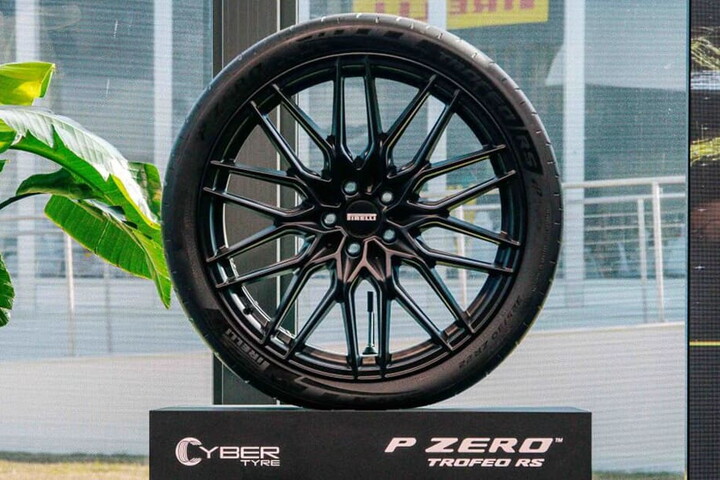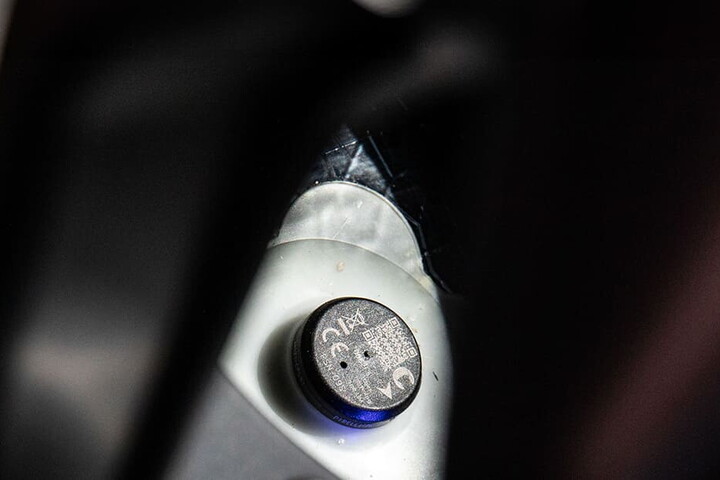In a matter of only a few years, we may all find ourselves with a microchip implant in our brains – a small electronic device that will keep us constantly connected to the internet, thereby making the concept of "access" obsolete, and making "total immersion" a reality. The reason is simple: from the days when computers occupied entire rooms in university laboratories up to the smartphones of the present, our relationship with the internet has always been kept "at a distance", mediated by the devices with which we interact. In the future, none of this will exist, any distinction between real and virtual will be erased and man will become an integral part of a new ecosystem.

"This will also make the concept of learning to use the internet and technology obsolete, because it will be an integral part of our lives and everyday experience", says Professor Alberto Sangiovanni-Vincentelli of the University of Berkeley, who spoke at The Future of Science conference held in Venice between the 22nd and 24th of September. Organized by Fondazione Umberto Veronesi, Fondazione Cini and Silvio Tronchetti Provera Foundation, with Pirelli as a main partner, the three day conference was dedicated to the theme of Digital Revolution, and was led by scientists and experts of the caliber of Alfonso Fuggetta the Politecnico di Milano, Alessandro Curioni of IBM, Carlo Ratti of MIT Boston, Massimiliano Bucchi of l'Università di Trento, as well as international protagonists like Sheila Jasanoff of the Harvard Kennedy School or Paul Kersey of Cambridge.
For the near future, the general trend is clear: technology will become so pervasive as to alter the core values of society and the environment in which we live. Our cities will become smart cities in which sensors and devices connected to the internet will make it possible to monitor and direct the traffic in real time, while there will no longer be the need for traffic lights as self-driving cars will dialogue with each other to avoid collisions; houses will become smart homes, with smart refrigerators that tell us which foods are about to expire and what we need to buy, thermostats that learn our temperature preferences automatically, televisions that organize our favorite programming, and much more. In addition, the automation of work systems will continue to proceed at great speed, making a growing number of jobs obsolete and forcing the system to rethink its very existence, to the point that the introduction of a basic income will no longer be a utopian theory.
This said, underlying all of these changes, there were two main protagonists that dominated all three days of the conference: big data, or the enormous amount of information produced by all devices connected to the internet, and the internet of things: namely, the objects and sensors connected to the network that form the basis – among other things – of the aforementioned smart cities and smart home.
As Alessandro Curioni, vice president of IBM Europe and IBM Research explained in his speech: "Every day we generate 2.5 quintillion of bytes of data, a number that continues to grow and has become so great that 90% of the data that exists today was created in the last two years. Unlike in the past, this data is not produced centrally, but distributed, by each of us, at all times". In fact, it is the smartphones that we keep in our pockets and the objects connected to the internet in the internet of things, like all of the sensors in our smart cities, that produce all of this raw data.
This said, as is the case in any revolution, advances offer not only great potential, but also great risk, especially when it comes to privacy and security. The day when we succeed in keeping our brain constantly connected to the internet through a chip, we will conquer something very similar to telepathy, opening up the possibility of sending thoughts, photos, digital files, memories without having to use any devices or tools. However, while the potential of this innovation is boundless, it is essential that we ensure these systems are 100% protected from possible intruders. "We cannot build new technology without having first forecast and analyzed all potential weaknesses; we have to create something that will last, "continues Vincentelli.
The challenges that the future presents must be taken very seriously; but this does not mean, at least not at this stage of the transition, that one should allow prefigured scenarios to take over: "People are asking whether there will still be a place for humans in the future", says Professor Fuggetta. "But in truth, man is at the center of all this; the “thinking” computers capable of processing the huge amount of data that is available to us today, have the task of extracting useful knowledge for humans, not to replace them". Similarly, some concerns regarding the "threat of artificial intelligence" were quickly archived by the experts present at The Future of Science.
Being able to interpret the changes that we are going to have to face and understand which offer the most in terms of potential means being able to use the digital revolution to our advantage. And whoever wants to become a major player in the future has no choice but to become part of this process, which although still in its infancy, in a few years will shake the very foundations of society.




